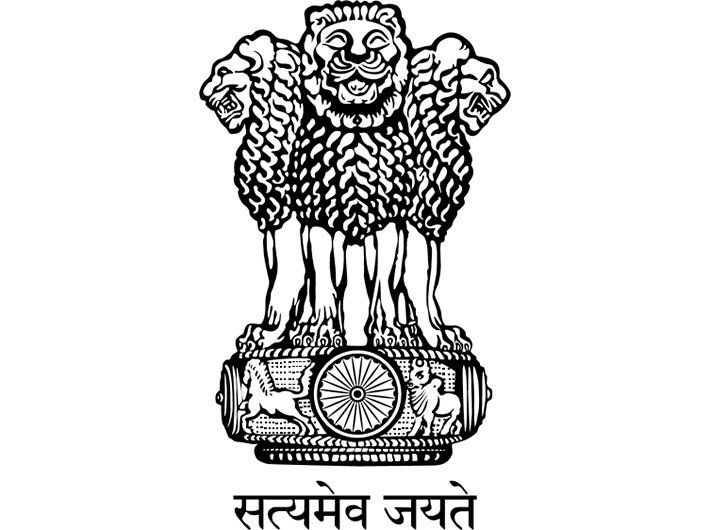If you thought that by getting the coveted Aadhaar card number your job is done, then think again as the National Register of Indian Citizens (NRIC) is the next big thing that is going to happen to you.
Hansraj Gangaram Ahir, minister of state in the home ministry, has informed parliament that the Citizenship Act, 1955 provides for maintenance of National Register of Indian Citizens by the central government.
“For the purpose, the central government has to carry throughout the country a house-to-house enumeration for collection of specified particulars relating to each family and individual, residing in a local area including the citizenship status. Accordingly, house to house enumeration has been carried out in 2010 under Rule 4 of the Citizenship (Citizens Registration and Issue of National Identity Cards), Rules 2003 to prepare the Population Register, which was updated in 2015-16 except in Assam and Meghalaya.
“In Assam, the manner of preparation of National Register of Citizens (NRC) is governed by Rule 4(A) of the Citizenship Rules, 2003 and NRC, 1951 Assam is being updated as per these provisions,” said
Ahir
Assam is bracing for turmoil as the first draft of the National Register of Citizens is to be published on December 31.
So, is NRIC different from National Population Register (NPR)?
Yes, it is different.
The NPR is a comprehensive identity database to be maintained by the Registrar General and Census Commissioner of India under the ministry of home affairs.
As per Section 14A of the Citizenship Act 1955 as amended in 2004, it is compulsory for every citizen of the country to register in the NRIC. The creation of the NPR is the first step towards preparation of the NRIC. Out of the universal dataset of residents, the subset of citizens would be derived after due verification of the citizenship status. Therefore, it is compulsory for all usual residents to register under the NPR,” said
india.gov.in
In simple terms, the NRIC is a register of Indian citizens. It will hold online the details of every Indian citizen.
How will it work?
The NRIC will be prepared after the verification of the information in the NPR and establishing the citizenship of each individual.
But then, why not use Aadhaar card for NRIC instead of going through a whole new exercise.
NPR-card.in explains that Aadhar Card might be the solution (as it covers biometric + geographical details) but every Indian citizen is not registered under UIDAI scheme so we can’t make Aadhar basis of NRIC India.
On the issue of national identity cards: ―(1) The central government may compulsorily register every citizen of India and issue national identity card to him. (2) The central government may maintain a National Register of Indian Citizens and for that purpose establish a National Registration Authority. (3) On and from the date of commencement of the Citizenship (Amendment) Act, 2003 (6 of 2004), the Registrar General, India, appointed under sub-section (1) of section 3 of the Registration of Births and Deaths Act, 1969 (18 of 1969) shall act as the National Registration Authority and he shall function as the Registrar General of Citizen Registration.
If NICR is in the works, then what is the National Population Register?
It is being prepared at the local (village/sub-Town), sub-district, district, state and national level under provisions of the Citizenship Act 1955 and the Citizenship (Registration of Citizens and issue of National Identity Cards) Rules, 2003. It is mandatory for every usual resident of India to register in the NPR. A usual resident is defined for the purposes of NPR as a person who has resided in a local area for the past 6 months or more or a person who intends to reside in that area for the next 6 months or more.
“The objective of the NPR is to create a comprehensive identity database of every usual resident in the country. The database would contain demographic as well as biometric particulars,” it said.
You may not have realised it, but the NPR data was collected in 2010 alongwith the houselisting phase of Census of India 2011. The updation of this data was done during 2015 by conducting door to door survey. The digitisation of the updated information is in process.

